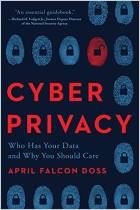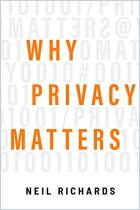
Who Says Chinese People Don't Care About Internet Privacy and Security? They Simply Have No Choice.
How Compromised Is Internet Privacy in China?
Read or listen offline
Amazon KindleRecommendation
As the EU is tightening its data protection regulation and Facebook is under scrutiny for its lax handling of personal data in the United States and Europe, Chinese people don’t seem to be fazed. In March, Baidu CEO Robin Li publicly stated that on the issue of privacy, Chinese people have a more open attitude and are comparatively less sensitive, and that in many cases they are willing to trade privacy for convenience or efficiency. These words sparked national outrage. Chinese Internet users protested. While they do care, they simply have no power to prevent Internet companies from using their information without discretion or respect for privacy and security. Others pointed out that even if Li was right, his willingness to blurt this truth out in public was a testament to the little regard Chinese Internet companies have for people’s privacy. Xinhua news reporters Ye Jing and Pan Linqin interviewed experts and conducted research on what tech companies do with with their users’ information. They reveal just how powerless Chinese Internet users are when it comes to protecting their privacy. getAbstract recommends this comprehensive and insightful article to people who believe that Chinese people don’t mind being watched.
Summary
About the Authors
Ye Jing and Pan Linqin are reporters from Xinhua, the official press agency of the People’s Republic of China.


















Comment on this summary